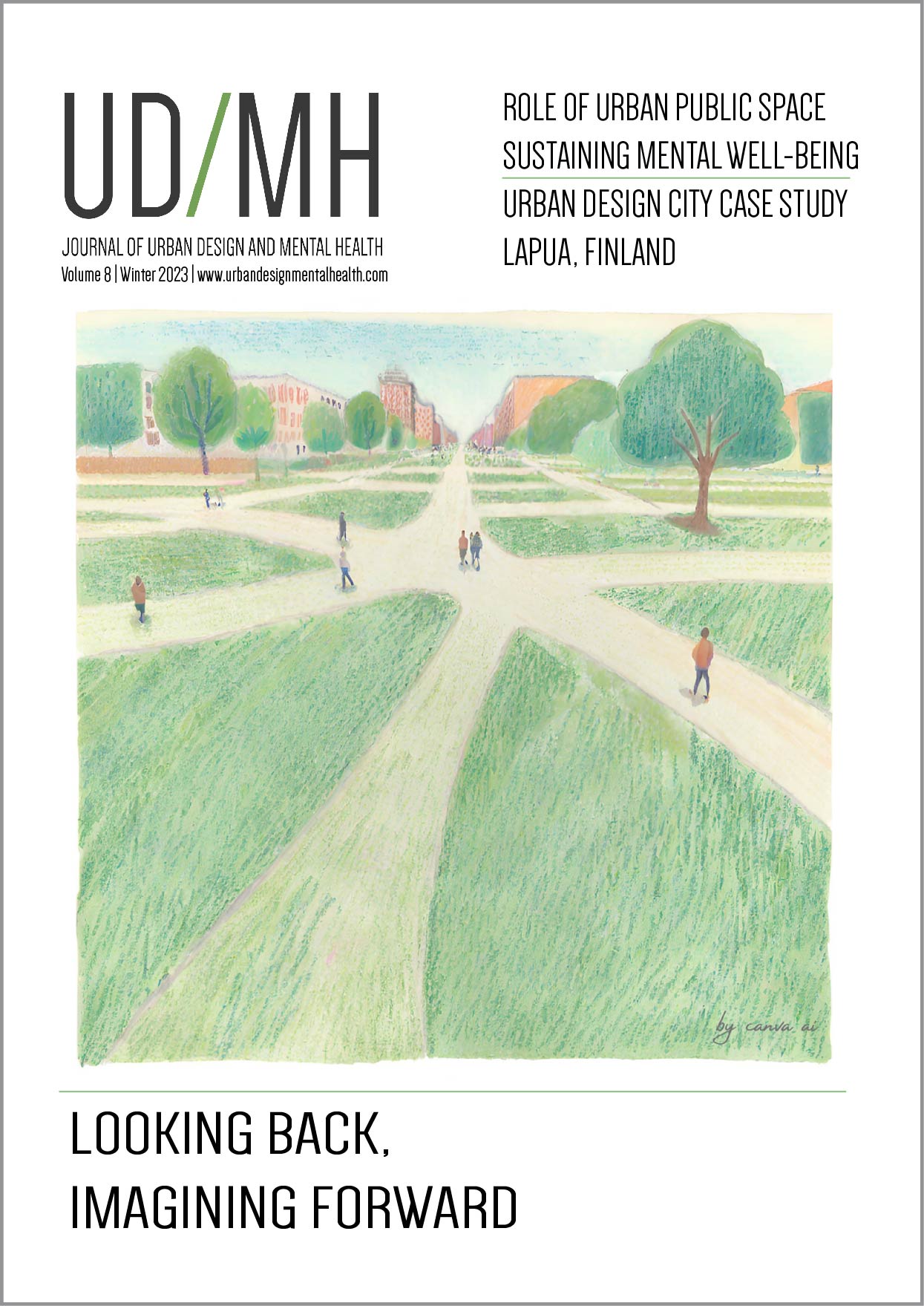Role of Urban Public Space in Sustaining Mental Well-being: Inferences from Pandemic Scenario
Main Article Content
Abstract
People go to urban public spaces for their needs of social interaction. It has been established that social interactions in public places hosting various active and passive activities have multiple psychological health benefits. However, public spaces have ceased to be public during the pandemic. With the pandemic and the following lockdown, people have begun to acknowledge the significant role of the urban public spaces for their social needs. This paper attempts to understand this acknowledgement regarding the Indian context and relates to the stress level of citizens due to the restrictions in using outdoor spaces. The study tries to comprehend the difficulties of staying indoors and not being able to socially interact in the urban public spaces and infers to be negatively impacted the mental well-being. The study primarily attempted to analyze the connect between the use of urban public space, mental well-being and social interaction through a survey (n=277) referring to the stress level of the citizens during the first wave of Covid-19. This research infers a strong connect between the use of public spaces and the citizen's mental well-being with the further potential of using the inferences to formulate a healthy city urban public space design guideline.
Article Details

This work is licensed under a Creative Commons Attribution 4.0 International License.
Authors retain copyright and publishing rights without restrictions and grant the journal right of first publication under a Creative Commons Attribution (CC-BY) License.
